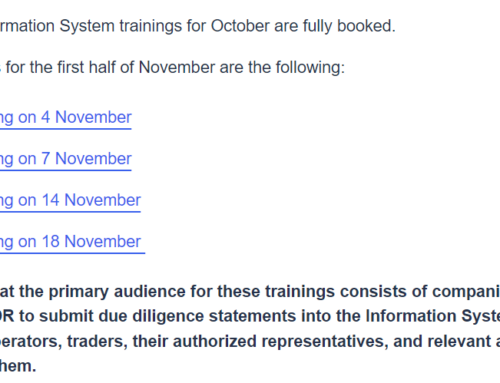
Brexit preparedness: EU completes preparations for possible “no-deal” scenario on 12 April
Press Release. European Commission. Brussels, 25 March 2019
As it is increasingly likely that the United Kingdom will leave the European Union without a deal on 12 April, the European Commission has today completed its “no-deal” preparations.
At the same time, it continues supporting administrations in their own preparations and urges all EU citizens and businesses to continue informing themselves about the consequences of a possible “no-deal” scenario and to complete their no-deal preparedness. This follows the European Council (Article 50) conclusions last week calling for work to be continued on preparedness and contingency. While a “no-deal” scenario is not desirable, the EU is prepared for it.
Following a request by Prime Minister Theresa May, the European Council (Article 50) agreed on Thursday 21 March to extend the UK's departure date to 22 May 2019, provided the Withdrawal Agreement is approved by the House of Commons by 29 March 2019 at the latest. If the Withdrawal Agreement is not approved by the House of Commons by then, the European Council has agreed to an extension until 12 April 2019. In that scenario, the United Kingdom would be expected to indicate a way forward before this date.
While the European Union continues to hope that it will not be the case, this means that if the Withdrawal Agreement is not ratified by Friday 29 March, a “no-deal” scenario may occur on 12 April. The EU has prepared for this scenario and has remained united throughout its preparations. It is now important that everyone is ready for and aware of the practical consequences a “no-deal” scenario brings.
A “no-deal” scenario
In a “no-deal” scenario, the UK will become a third country without any transitionary arrangements. All EU primary and secondary law will cease to apply to the UK from that moment onwards. There will be no transition period, as provided for in the Withdrawal Agreement. This will obviously cause significant disruption for citizens and businesses.
In such a scenario, the UK's relations with the EU would be governed by general international public law, including rules of the World Trade Organisation. The EU will be required to immediately apply its rules and tariffs at its borders with the UK. This includes checks and controls for customs, sanitary and phytosanitary standards and verification of compliance with EU norms. Despite the considerable preparations of the Member States' customs authorities, these controls could cause significant delays at the border. UK entities would also cease to be eligible to receive EU grants and to participate in EU procurement procedures under current terms.
Similarly, UK citizens will no longer be citizens of the European Union. They will be subject to additional checks when crossing borders into the European Union. Again, Member States have made considerable preparations at ports and airports to ensure that these checks are done as efficiently as possible, but they may nevertheless cause delays.
For more information: what should I do in a “no-deal” scenario?
To know more about how to prepare for a “no-deal” scenario, EU citizens can contact Europe Direct for any questions. Call Freephone 00 800 6 7 8 9 10 11 from anywhere in the EU, in any official EU language.
The Commission published today a series of reader-friendly factsheets in all EU languages. Please click on your own language to know more.
Please click HERE to download in your own language all useful information.
Related Posts
Contact
EUROPEAN ORGANISATION
OF THE SAWMILL INDUSTRY AISBL
Rue Montoyer 24/box 20
BE-1000 Brussels
Tel.: +32 2 287 08 68
Email: info@eos-oes.eu



